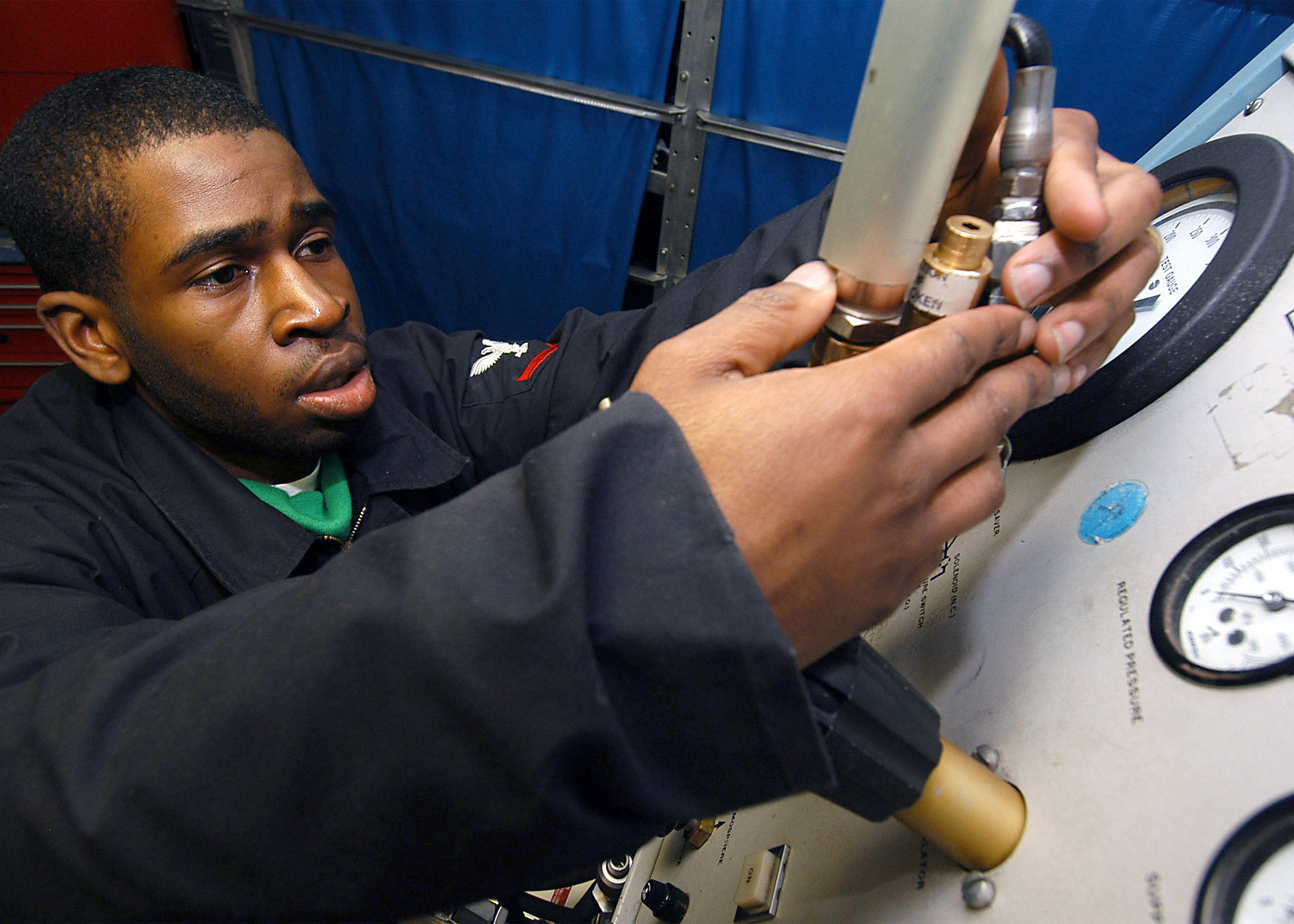The business landscape in the contemporary world is defined by quality and industry standards. Any product or service offered needs to meet the set requirements if clients and other stakeholders are to trust and have confidence in such products. One of the areas that customers are sensitive about is the calibration and the accuracy of weights and measures. Be it in a hospital, laboratory, electrical field or any place where measurements are made, accuracy and reliability of the measured outcome is critical.
Regardless of the type of company or its size, there is always a need for calibration services. Independent calibration companies exist to provide such services to these businesses, especially where the instrumentation involved is complex and sensitive. These firms have trained manpower and the necessary technology to carry out testing procedures, measurement and equipment repair services that cannot be offered in-house because of limitation in time, funds or even space. When establishing the right gauge calibration as a company, it is critical that you do a per-assessment of your requirements before contracting the services of a calibration company. In the needs assessment, the following factors should be considered:
Calibration Needs
Industries vary with regard to the bodies that govern their operations. Before you hire a calibration company, ensure that you establish the experience the company has in your industry and whether it is conversant with the relevant standards. The flexibility of the company should also be assessed, since your company may have a variety of calibration needs. The company you hire should be able to cater to every calibration need your company has. After analyzing your calibration requirements, you will then be in a position to assess the supplier.
Supplier Assessment
There are many calibration suppliers, and identifying the firm that is right for you requires a though prescreening and analysis. Here is a checklist of the factors to look for:
The Quality System
The company’s quality system should be examined to ensure that it complies with ISO/IEC17025 and the ISO registration accreditation. These are the standards that benchmark the quality of services in the calibration industry and the company should meet both. A supplier who does not have both of these accreditation’s may expose you to service risks and increased costs.
The Technical and Operational Competence
The expertise of the company you are hiring is another important consideration. Technical competence incorporates both training and experience. The company’s technicians must have a level of proficiency that enables them to handle any calibration exercise comfortably. The breadth of their knowledge in the specific assignment you are hiring them for should also be demonstrated.
Service Delivery Solutions
Depending on the needs of your company, calibrations services can be delivered in various ways. The provider may decide to provide technicians on site so that they can execute the calibration exercise on the premises of your business. The company can also carry out the calibration at their own site. In this case, they pick up the equipment to be calibrated. Still other companies operate satellite calibration labs, moving from one site to tanother until the work is accomplished. Usually the calibration company will take you through each and every option so that you can choose the one that suits you best.
Methods of Recording
Calibration information should be carefully stored to protect it from tampering and data distortion. Calibration data is very sensitive and can affect the way a company operates, and thus measures must be taken to ensure the accuracy that it deserves.
When examining the quality of a calibration company’s recording methods, concentrate on how the company protects its calibration information. How safe is such information from external interference? Also check the accessibility of the information, as well as the information backups available. Inadequate information backup can easily lead to loss of crucial data. The length of time for which the records are stored is also important. There are companies that store data for short time periods while others store it relatively long-term. Make sure to inquire about the accessibility of the data when a contract is terminated.
These are some of the factors to bear in mind. Building your decisions on these factors can help you avoid potential risks during and after the calibration process.
Author Bio:
Cooper is an expert in calibration and measurement. He also contributes to the formulation of calibration policies and standards. He sits on the board of several calibration companies. His keenness with calibration equipment protocols has earned him several awards in the industry. In his free time, he writes for various blogs and journals.































No Comments
Leave a comment Cancel